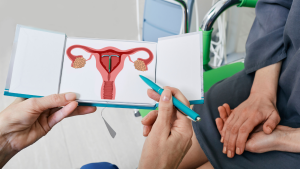
Condoms Unfurled—Musings on a Accessible and Valuable Part of Your Safer Sex Toolbox
The condom. All sorts of shapes, sizes, colors (even glow-in-the-dark). Ribbed or plain. Lubed or not. Latex or plastic. ASHA’s Fred Wyand shares his thoughts on this reliable way to prevent STIs and pregnancy.







